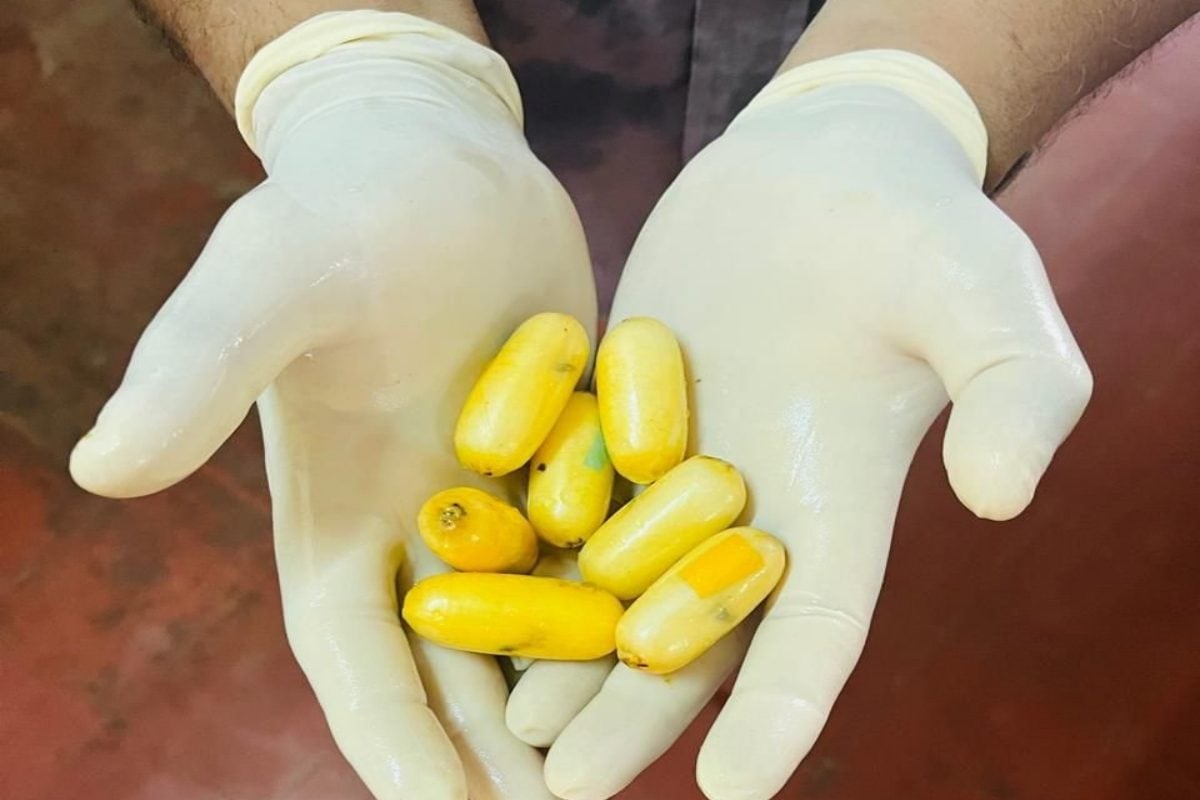India is looking to ease the availability of emergency contraceptive pills by aligning contradictory laws that make advertising and promotions difficult in government health programmes

Last fortnight, a controversy revolved around the discussion among top government experts about sliding Emergency Contraceptive Pill (ECP) into the prescription-requiring bracket.
The top government sources clarified on Saturday that there is “no change in the status quo” regarding sales and distribution of (ECP) brands like i-Pill or Unwanted-72.
While there were rumours about the government’s plan to make prescriptions mandatory for buying emergency pills due to multiple side effects, sources refuted it, saying, “News regarding the prescription requirement for hormonal contraceptives has misinterpreted the proposal for change in Rules regarding Schedule H and K drugs. There is no proposal to move the drugs from the non-prescription to the prescription category.”
Sources clarified that there is no change in the sales and distribution of ECP brands such as i-Pill or Unwanted -72 and whatever dose-specific changes have been made are to remove the “ambiguity and simplify the process for the sale of such drugs”.
Let’s dive deep to understand the proposal as stated in the minutes of the meeting of the country’s apex panel of experts Drug Technical Advisory Board (DTAB) and the usage of these pills in India.
STATUS OF SALES OF ECP IN INDIA
In 2005, ECP were made available over the counter but their popularity increased in urban women after 2007 due to advertisements by manufacturing companies.
“Over‐the‐counter availability of EC was an important step taken by the Government of India to popularise its use in the country to reduce the rate of unwanted pregnancies which would bring down the rate of abortions and associated maternal morbidity and mortality. ECs taken within 72 hours of unprotected intercourse are 75-85% effective,” according to an article published in the medical journal, Sexual Medicine in 2013.
ALSO READ | Buying Birth Control Pills Without Prescription? Expert Panel Agrees To Simplify Process For Sale
The 5th National Family Health Survey (NFHS) reports show that more than half of currently married women (52%) and men (52%) know about emergency contraception. The major source of emergency contraceptive pills is the private health sector, primarily pharmacies or drugstores.
It shows that among women who have used emergency contraceptive pills in the past 12 months, 40 per cent of them in urban areas have used those pills once, whereas 35 per cent in rural areas have used them once. Around 33 per cent of the women in urban areas and 42 per cent of women in rural areas have used the pills thrice or more.
The number of users of ECPs in the past 12 months stood at 698 in urban India and 967 in rural India – it shows that the consumption in rural India is also comparable to urban India, despite the low reported numbers.
DISCUSSION OF DTAB
In the latest meeting in August, a top panel of experts cleared the proposal to simplify the sale of oral contraceptive pills. The move – if approved by the drug Controller General of India (DCGI) – will relax the labelling requirements for the weekly contraceptive drug, centchroman, and a daily contraceptive drug combination of ethinyloestradiol and levonorgestrel.
So far, these drugs fell under Schedule H and Schedule K. But the two schedules completely contradict the sales requirements.
On the one hand, the “finished formulation of the drug centchroman and drug ethinyloestradiol” falls under Schedule H, however, the drug, with a combination of levonorgestrel (0.15 mg) and ethinyloestradiol (0.03 mg), drug centchroman of 30 mg, falls under the schedule K of the Drugs Rules, 1945.
News18 had earlier reported that these two schedules contradict each other as chemists or e-pharmacies cannot dispense Schedule H drugs without a prescription, whereas the drug under Schedule K is for over-the-counter (OTC) sales. Schedule H follows strict labelling requirements on the pack of medicines stating ‘Not to be sold by retail without the prescription of a Registered Medical Practitioner.’ As dispensation under Schedule H without a prescription is considered an offence, pharmacists refrain from selling drugs without a prescription, hence Schedule K becomes invalid. This makes the Union Health Ministry’s purpose of promotion of family planning tools futile.
The DTAB panel agreed to bring in “dose specific” amendments in schedule H for products namely ‘levonorgestrel 0.15 mg + ethinyloestradiol 0.03mg’ and ‘centchroman 30 mg’.
HOW DID THIS DEBATE START?
According to previous minutes of the meetings of DTAB, the panel had received representation from the government public sector unit, HLL Lifecare Limited. The firm had earlier requested the panel to remove the requirement of Schedule H on these oral contraceptive drugs.
HLL had told the panel that “the company is manufacturing and supplying regular oral contraceptive pills to the Ministry of Health and Family Welfare under National Family Welfare Programme since 1993 under various brand names of contraceptive like Mala N, Mala D, Apsara, Choice, Ecroz, Khushi, Sunheri etc. containing drug composition Levonorgestrol I.P. 0.15 mg. Ethinyloestradiol I.P. 0.03 mg…”.
The firm said that it has submitted that labelling of the above products was initially done by mentioning ‘Schedule K’ on all packing material. However, objections were raised by one of the state drugs controller offices on the labelling of these products.
HLL was asked to follow Schedule H requirements which include printing of Rx, red box and Schedule H warning in the primary and secondary packages of the products. While the company followed Schedule H requirements in its packing artwork, it continued to face difficulties in selling and supplying these products under various schemes of the Union Health Ministry.
Some of the challenges, HLL mentioned in the presentation, include Schedule H drugs cannot be advertised, which is very essential for social marketing to educate people about proper use of the product. Also, Schedule H drugs can only be sold with a prescription of a registered medical practitioner whereas social marketing products are meant to provide affordable contraceptives in the remotest area of the country where the availability of registered medical practitioners is a constraint.
In short, not tightening restrictions, India is looking to ease the availability of emergency contraceptive pills by aligning contradictory laws that make advertising and promotions difficult in government health programmes.

